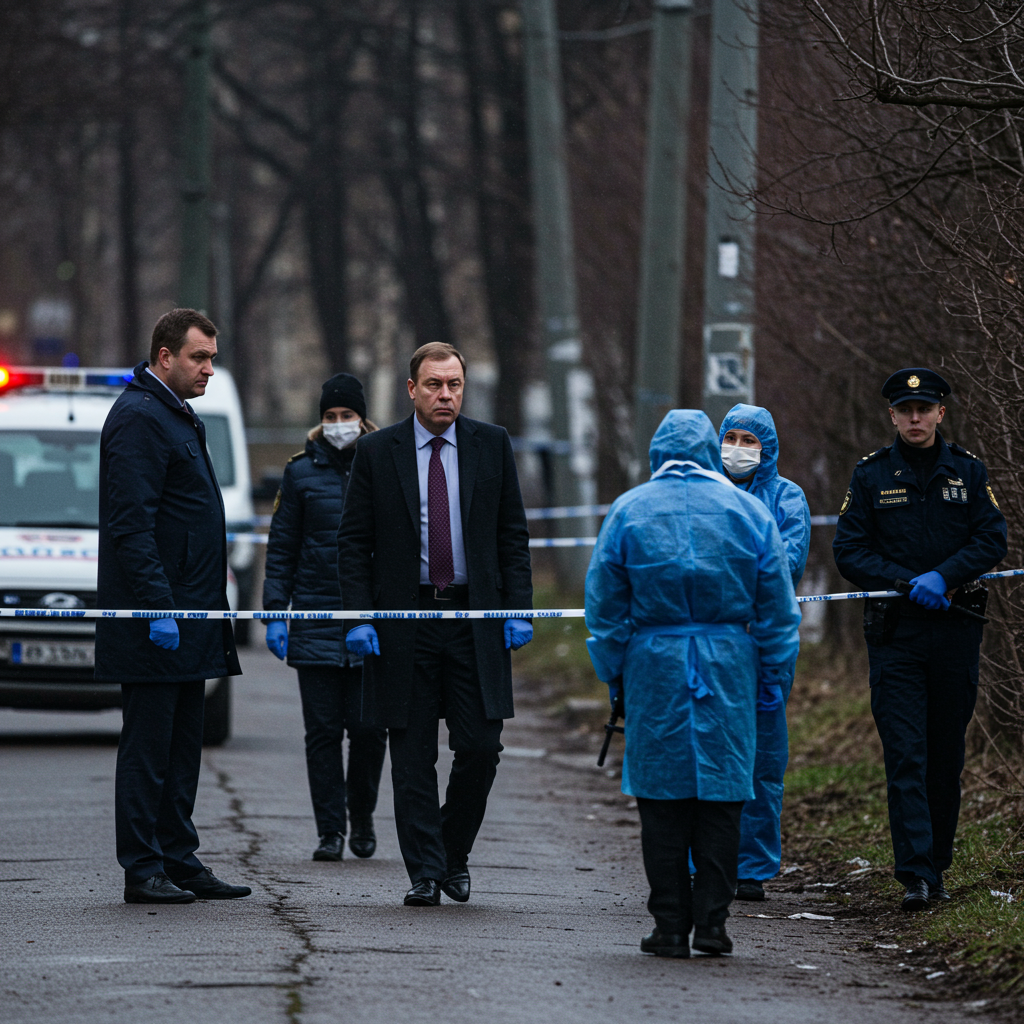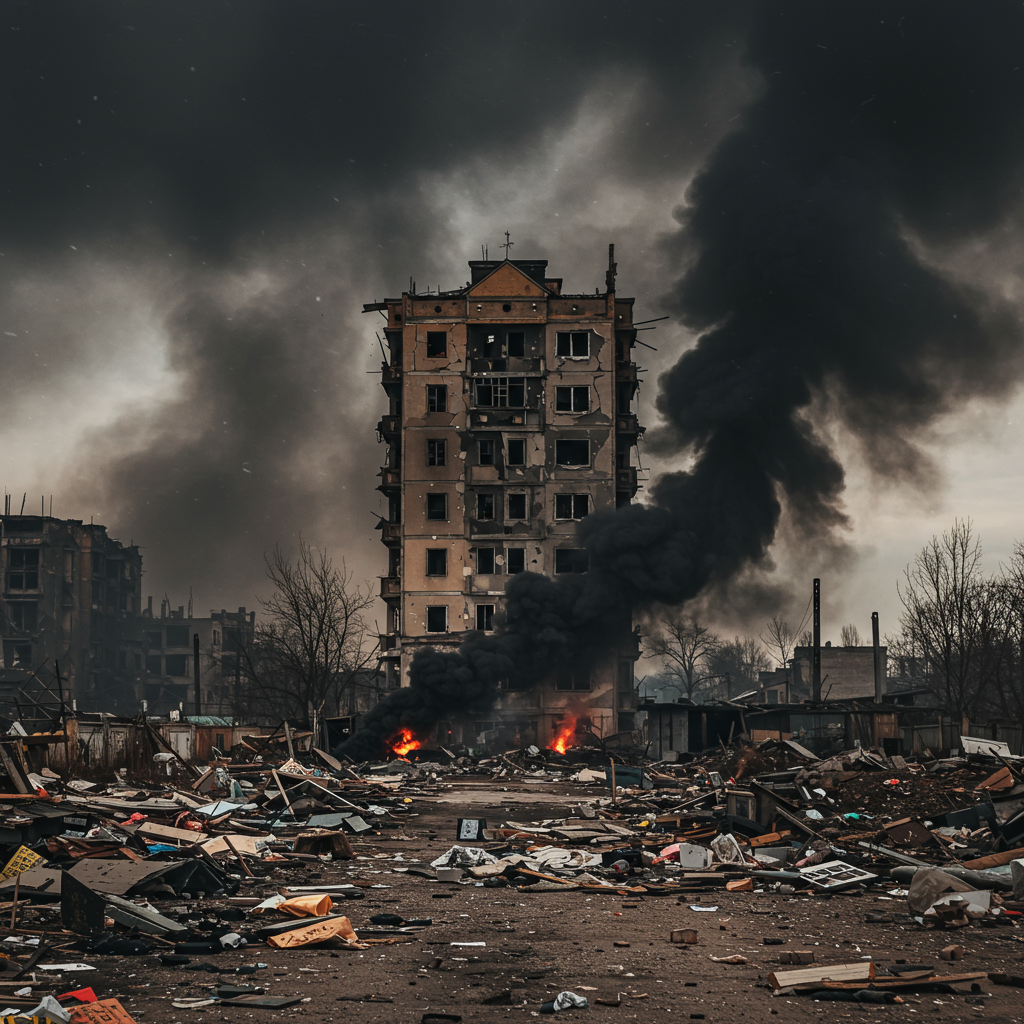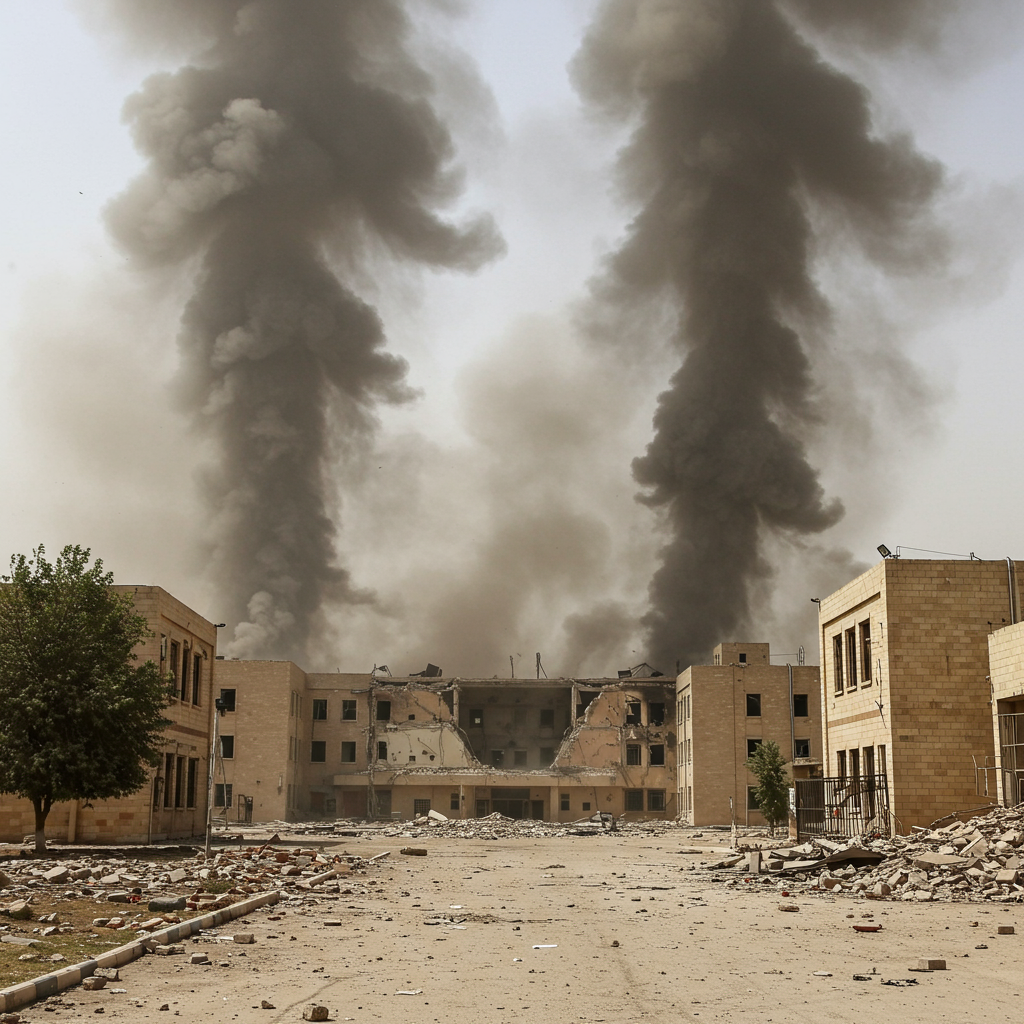A dramatic and unexpected event has shaken political circles in Moscow. Just hours after President Vladimir Putin dismissed his transport minister, Roman Starovoit, the former official was reportedly found dead on the outskirts of the city. Authorities are investigating the circumstances, but initial reports, citing investigators, suggest the death may have been self-inflicted. A pistol was allegedly discovered near the body.
This abrupt development is being viewed by some observers and media outlets as a potent and chilling signal directed at Russia’s political elite. The timing and nature of the death, following so closely on the heels of a presidential sacking, are highly unusual in modern russian history.
A Swift and Shocking Downfall
The day began with a routine government reshuffle announcement. On Monday morning, President Putin publicly removed Roman Starovoit from his position as transport minister. Starovoit had held this federal role since May 2024.
By afternoon, news emerged that Starovoit’s body had been discovered in a park. The reported gunshot wound to the head led investigators to initially presume suicide, pending a full inquiry. The speed with which a senior official moved from the halls of power to such a tragic end is striking and has fueled intense speculation.
Historical Echoes in Russian Politics
The tabloid Moskovsky Komsomolets quickly highlighted the rarity of this event. The paper described Starovoit’s death hours after being fired as an “almost unique occurrence in Russian history.” To find a comparable incident involving a government minister taking their own life, one must look back more than three decades.
The most cited parallel from the Soviet era is the case of Interior Minister Boris Pugo. In August 1991, following the failed coup attempt by communist hardliners he was involved in, Pugo reportedly shot himself. This historical comparison underscores how uncommon such a dramatic end is for a high-ranking official in Russia, making Starovoit’s case particularly notable.
Kremlin’s Restrained Response and Media Frenzy
The official reaction from the Kremlin has been notably reserved. When asked about the death during a conference call, President Putin’s spokesman, Dmitry Peskov, acknowledged the shock. “Normal people cannot but be shocked by this,” Peskov stated, adding, “Of course, this shocked us, too.”
However, Peskov quickly steered clear of any speculation. He insisted that only the ongoing investigation could provide answers. Peskov commented that theorizing was “more for the media and political pundits,” not for official representatives. Despite the official caution, Russian newspapers have been rife with hypotheses and potential explanations for the former minister’s fate.
The Kursk Connection and Fraud Allegations
Much of the media speculation centres on Roman Starovoit’s previous role. Before becoming transport minister, he served for over five years as the governor of the Kursk region. This area borders Ukraine and has seen direct impact from the conflict.
During his tenure as governor, Starovoit oversaw the construction of defensive fortifications along the border. This project involved substantial government funding. However, these defenses apparently proved insufficient; Ukrainian forces reportedly breached them and seized territory in the Kursk region the previous year.
Compounding the issue, Starovoit’s successor as governor, Alexei Smirnov, and his former deputy, Alexei Dedov, were subsequently arrested. They face charges of large-scale fraud related to the very same fortification construction project. The business daily Kommersant openly speculated that Starovoit “may well have become one of the chief defendants in this case.” While Russian authorities have not confirmed this potential link, it is a widely discussed possibility.
The Weight of Potential Prosecution
If fear of facing prosecution in the Kursk fraud case indeed played a role in Starovoit’s death, it reveals harsh realities about the current political climate in Russia. Experts suggest it could point to a system where falling under suspicion can feel like an inescapable trap.
Professor Nina Khrushcheva, who teaches International Affairs at The New School in New York, sees the event through the lens of recent political trends. She has described it as reflecting a “re-Stalinisation” process underway in Russia. According to Khrushcheva, a high-level official potentially taking their own life suggests a belief that there was “no other way of getting out of the system.”
The prospect of lengthy prison sentences and severe consequences for family members could drive such despair. Khrushcheva drew another historical parallel, citing Sergo Ordzhonikidze, a minister under Stalin who reportedly killed himself in 1937. This comparison to a dark period of Soviet history underscores the perceived lack of alternatives or avenues for survival once targeted by the system.
State Media’s Carefully Managed Narrative
Despite making headlines in Russian newspapers, Starovoit’s death received minimal attention on state television. This stark difference in coverage highlights the distinct roles of various media platforms in Russia and the authorities’ cautious approach to messaging on the most influential channel.
State TV, particularly the main evening news broadcasts like those on Russia-1, is considered far more powerful than newspapers in shaping public opinion across the country. When sensitive events occur, the authorities tend to be more careful and deliberate about what is shown and how it is framed on television.
On Monday evening, the main Russia-1 news bulletin included a four-minute report. It focused on President Putin appointing the new acting transport minister, Andrei Nikitin. Tellingly, the report made no mention that the previous minister had been sacked. It also completely omitted any mention of Starovoit being found dead.
Only forty minutes later, late in the broadcast, did the anchorman briefly acknowledge Starovoit’s death. This mention lasted a mere 18 seconds. Such limited and delayed coverage suggests a deliberate effort to downplay the significance of the event for the vast majority of Russian citizens who rely primarily on state television for news.
A Stark Warning to Russia’s Elite
While the average Russian citizen, due to state TV’s limited coverage, may not perceive Starovoit’s death as a major development, the message for the political elite is entirely different. For ministers, regional governors, and countless other officials integrated into the Russian political system, the event serves as a potent and undeniable warning.
Professor Khrushcheva argues that the dynamics within the system have fundamentally changed. Previously, holding such positions often offered opportunities for upward mobility, wealth accumulation, and advancement from regional to federal levels. Today, she suggests, that career path “is clearly not a career path if you want to stay alive.”
The danger of “falling foul of the system” appears to carry increasingly severe consequences. The event serves as a stark reminder that political survival can be precarious. Khrushcheva’s assessment paints a grim picture: “There’s not only no upward mobility to start with, but even downward mobility ends with death.” The fate of Roman Starovoit underscores the potential existential risks faced by those within Russia’s corridors of power should they lose favour or come under official scrutiny.
Frequently Asked Questions
What happened to former Russian Transport Minister Roman Starovoit?
Roman Starovoit, recently sacked by President Putin, was reportedly found dead with a gunshot wound hours after his dismissal. The location was a park on the edge of Moscow. While investigators are conducting a full inquiry, initial reports based on investigators suggested the death was presumed to be suicide, with a pistol allegedly found nearby.
Why is Roman Starovoit’s death considered unusual in Russian history?
The death of a government minister, particularly in potentially self-inflicted circumstances so soon after being dismissed, is extremely rare in Russia. Media reports highlight that such an event has not occurred in over thirty years, harkening back to the Soviet era and the reported suicide of Interior Minister Boris Pugo in 1991 following a failed coup attempt.
What does Roman Starovoit’s death potentially signify for Russia’s political elite?
Analysts suggest the event serves as a significant warning to ministers, governors, and other high-ranking officials. It potentially indicates the severe consequences of falling out of favor or facing investigation within the current political system. Some experts view it as reflecting an environment where potential prosecution is greatly feared, leaving individuals feeling trapped with few options if targeted by the state.
Conclusion
The reported death of Roman Starovoit, occurring so rapidly after his dismissal by President Putin, is a jarring event with significant implications for understanding Russia’s internal political landscape. While official commentary remains limited and state media has largely downplayed the incident, the message for those within the system appears clear. The confluence of a sudden sacking, an official’s unexpected death, and ongoing investigations into large-scale fraud in his former domain creates a narrative of risk and precarity at the highest levels of power. Experts and media observers interpret this tragic episode as a stark reminder of the potential dangers faced by Russia’s political elite, highlighting a climate where navigating the intricate and often unforgiving currents of Kremlin politics has become increasingly perilous.




